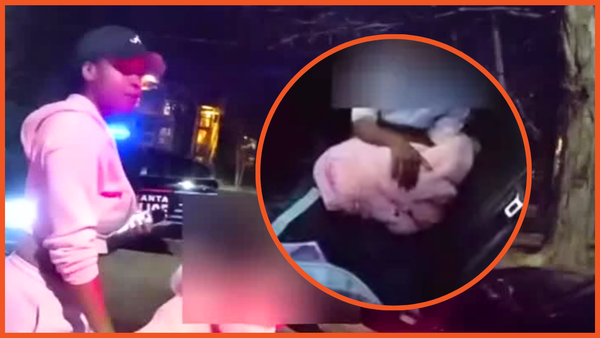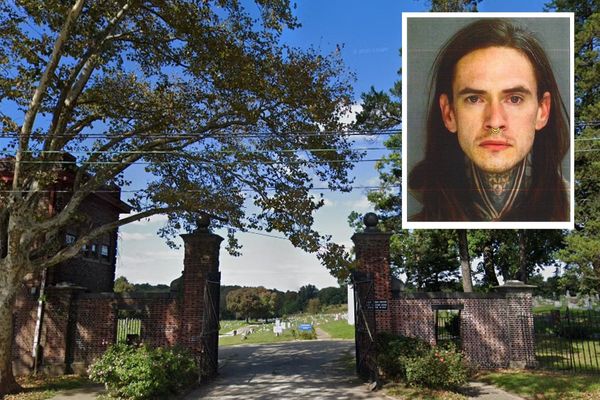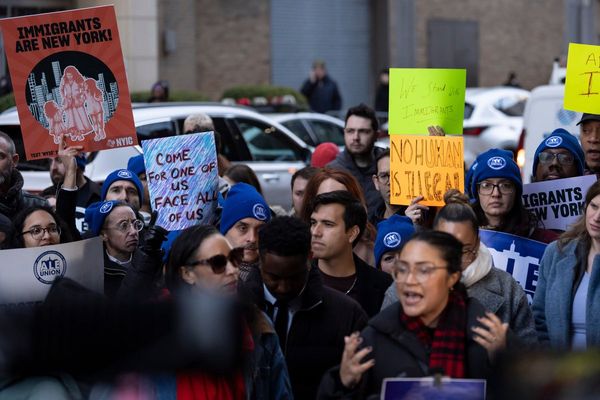
Ulaanbaatar (AFP) - Protesters took to the streets of Mongolia's capital for a fifth day Thursday after the arrests of officials allegedly tied to a coal industry embezzlement scandal that has sparked public outrage.
Since Sunday, thousands have marched in freezing temperatures in central Ulaanbaatar in a broad popular movement fuelled by anger over corruption as well as the East Asian nation's struggling economy.
Celebrities and social media influencers have joined calls for justice over claims that a so-called "coal faction" of lawmakers and executives had stolen billions of dollars from public coffers.
"We are fighting against these crooks in government.They are stealing from our future," said protester Purevsuren Lkhagvasuren.
"The minerals that come from our ground are sold by international pricing standards," she added.
Implicated lawmakers are alleged to have leveraged their ownership of coal mines and transportation companies that move the fossil fuel across the border into China to make illegal profits.
Rallies on Thursday saw over a thousand people brave minus 17 degrees Celsius (1.4 degrees Fahrenheit) temperatures to gather in Ulaanbaatar's Sukhbaatar Square -- under the imposing statue of Genghis Khan.
Rows of police were present but protests were peaceful, according to an AFP reporter at the scene, after rallies earlier in the week saw minor clashes.
Scores of police have been dispatched to the Tavan Tolgoi coal deposits, a key component of Mongolia's state budget, to investigate the alleged theft as well as corruption by customs officials.
"(The) mining sector in Mongolia is a mess.There is no accountability," said Gan-Erdene Lombo, a protester who works as a miner at Tsogts-Tsetsii in the South Gobi region where Tavan Tolgoi is located.
"They are digging everything, there is no rehabilitation."
Justice Minister Nyambaatar Khishgee on Thursday announced the arrest of Gankhuyag Battulga, former CEO of Erdenes Tavan Tolgoi -- one of the country's largest coal mining firms -- along with seven others accused of laundering money from embezzled coal.
He also said camera recordings from a border crossing showed customs officials failing to register some vehicles, possibly allowing coal to be exported off the books.
The scandal has catalysed public discontent in Mongolia, with the country already suffering high inflation and a weak economy tied to Covid and Russia's war in Ukraine.
On Wednesday, Prime Minister Luvsannamsrai Oyun-Erdene met with protesters, promising to "break the rotten system" of corruption.
A "gang" of politicians who profited from coal and copper mines had taken control of law enforcement and was attempting to stop an investigation, he said, urging protesters to give authorities more time to reveal the names of the officials involved.
"Members of parliament need to take accountability.The most important thing we need to do now is dissolve government," said another protester named Baatarchuluun.
"(But) who are we going to put in their place?"
Landlocked Mongolia, wedged between China and Russia, has struggled with political instability since it became a democracy.
Its first constitution was passed in 1992 after decades of communist rule.







